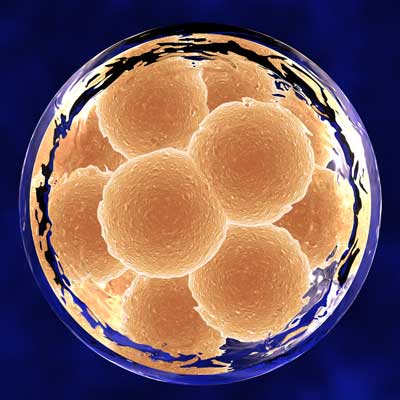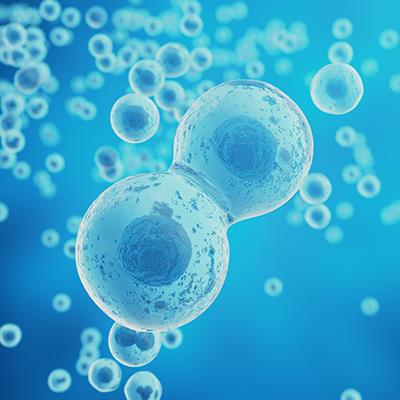September 7, 2022 -- An international team of researchers, led by the University of Sheffield, has discovered a new protein that helps sperm fuse with an egg and could potentially improve fertility treatments.
In their study, published September 7 in the journal Science Advances, the researchers created artificial eggs using thousands of beads, each of which had a different piece of protein -- known as a peptide -- on its surface so that sperm could bond with them.
Next, sperm were incubated with the beads at which point scientists found only a small number of beads had sperm attached to them. Eventually, after several rounds of removing any beads that didn't have sperm bound to them, they were left with beads corresponding to one particular protein -- named MAIA after the Greek goddess of motherhood -- and sperm bound to all of these beads.
Finally, the gene corresponding to MAIA was then inserted by researchers into human culture cells, and these became receptive to sperm in the same way that it would during the process of natural fertilization.
"This discovery of the MAIA protein is a major step forward in how we understand the process of human fertilization. It would have been almost impossible to discover without the use of the artificial beads to replicate the surface of human eggs as we simply wouldn't have been able to get enough eggs to do the experiment. A classic case of thinking out of the box," Allan Pacey, PhD, the study's co-author and head of the University of Sheffield's Departments of Oncology and Metabolism and Infection, Immunity and Cardiovascular Disease, said in a statement.
Copyright © 2022 scienceboard.net








